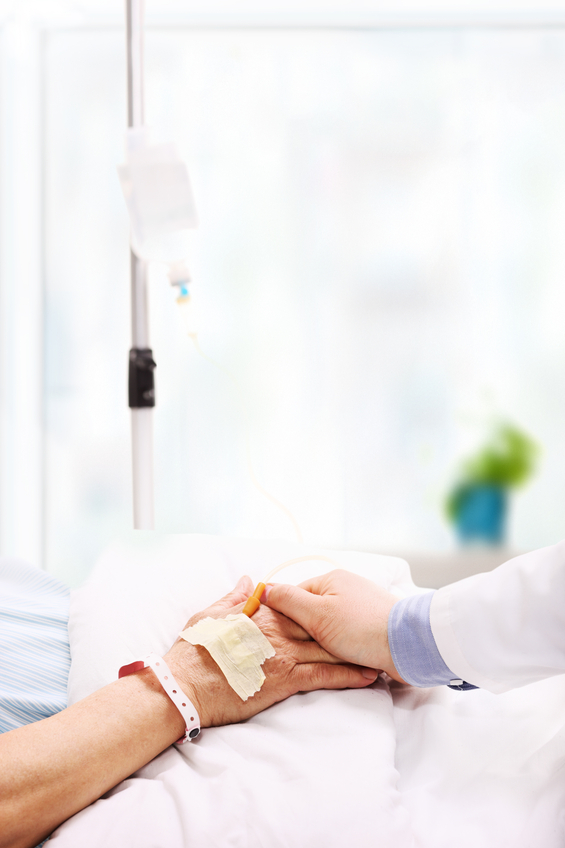Although cancer remains the second leading cause of death in the United States, advances in detecting and treating cancer have dramatically increased survival rates for many types of cancers. As a result, a growing number of people are living with the after effects of cancer and the “new normal” of many forms of cancer are now being treated as chronic condition.
Cancer isn’t always a one-time event. It can be a chronic illness, much like diabetes or heart disease. This is often the case with certain cancer types, such as ovarian cancer, chronic leukemias, and some lymphomas, according to the American Cancer Society. Sometimes cancers that have spread or have come back in other parts of the body, like metastatic breast or prostate cancer, also become chronic cancers.
Patients with chronic cancer may have to make major changes to their lives – adjusting what they eat and their schedules to accommodate treatments – but even more fundamentally, they must live with perpetual uncertainty that their disease progression will resume.
To help people cope with the psychological burden of that uncertainty, the ACS suggests:
- Control what you can: Learn what you can do for your health.
- Accept what you cannot control: Do not try to fight what you can’t control.
- Acknowledge your fears and practice letting go: Visualization techniques, prayer or other approaches may help.
- Talk about your fears with a trusted friend or counselor: People have found that when they express strong feelings, like anger and fear, they’re better able to let them go.
- Enjoy the present moment: Practicing mindfulness can help.
- Make time for what you really want to do.
- Work toward having a positive attitude: Find things to feel grateful for or hopeful about, but accept that you will have bad days.
- Find ways to relax and enjoy time alone and with others.
- Exercise and be as active as you can.
- Seek help when you need it.
Living with cancer is an enormous burden and you may need help to carry it, says Randy Nutter, a licensed clinical social worker with the St. Elizabeth Cancer Care Center. People living with cancer and their loved ones can find counseling and community support by tapping into resources, such as the Cancer Support Center, Cancer Family Care, religious organizations and community groups.
Nutter also emphasizes that it’s important to simply relish each day. “Ask yourself, what am I doing this day to have more relaxation, exercise, sleep – things that support my health,” he says. “Value your time. Be with people you want to be with, and enjoy your day.”


